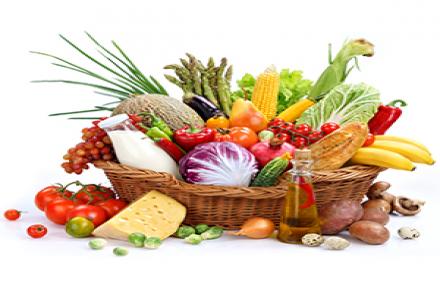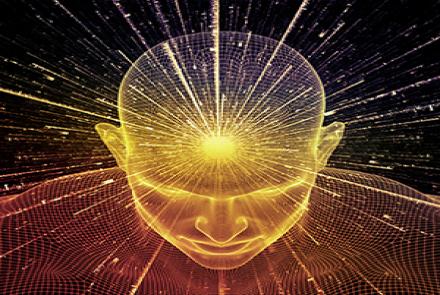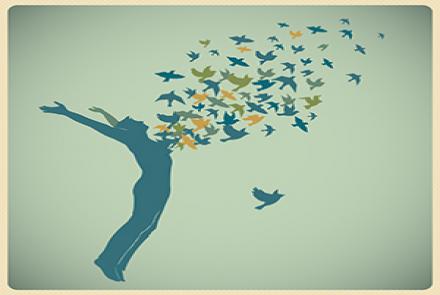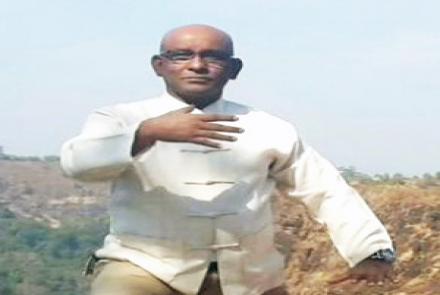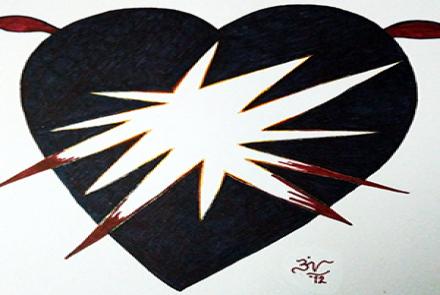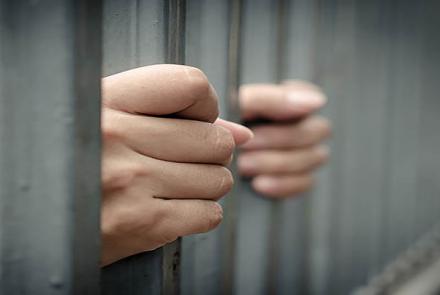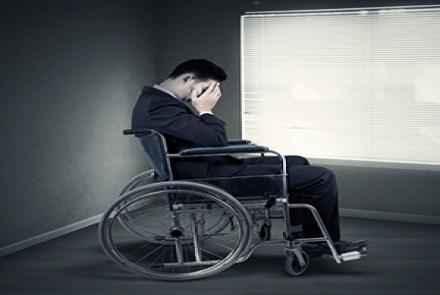Ujjwala Baxi shows the easy way to supplement proteins in a vegetarian or even a vegan diet
The other day I had a mother sharing with me her daughter’s New Year’s resolution of switching to vegetarianism and also that she continues to feel strongly about it. The mother, of course, had mixed emotions about the decision. While she was happy about her daughter’s apparent sensitivity towards animals, she seemed also worried about her daughter’s abrupt decrease in protein intake…
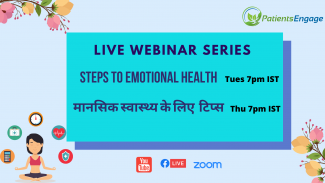
We are all struggling with various issues during this second wave of the pandemic. PatientsEngage has started a live webinar series every Tuesday (English) and every Thursday (Hindi) at 7pm IST with experienced counsellors who will help us understand what we are going through and share practical and actionable tips on what we can do about it.
In the first of the series on 11th May 7pm IST, we spoke with experienced Psychologist Hvovi Bhagwagar on what we can to deal with the negative news around us - on TV, on social media, on whatsapp. What is doomscrolling and doom surfing? How can we stop doing it?
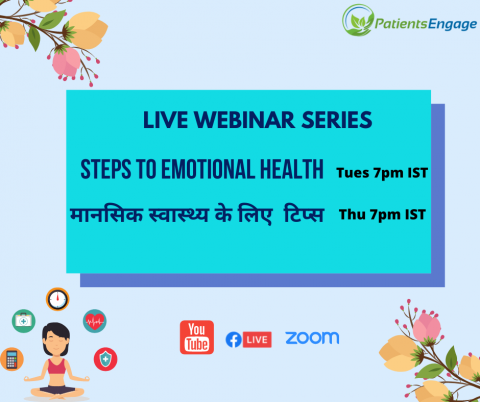
On Thursday 13th 7pm we will address the same issues in Hindi with experienced psychologist Snigdha Mishra
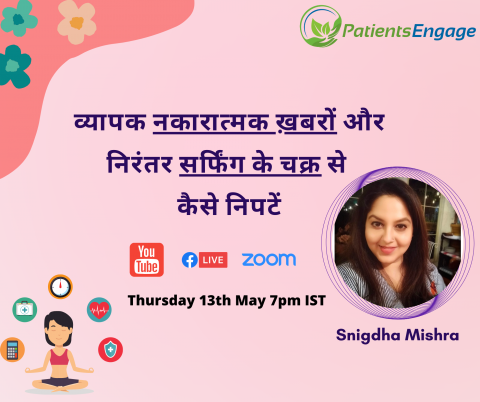
Send us your questions in advance
#emotionalwellbeing #COVIDSecondWave #covidsecondwaveindia
Condition

